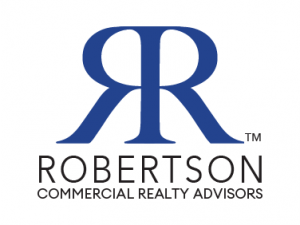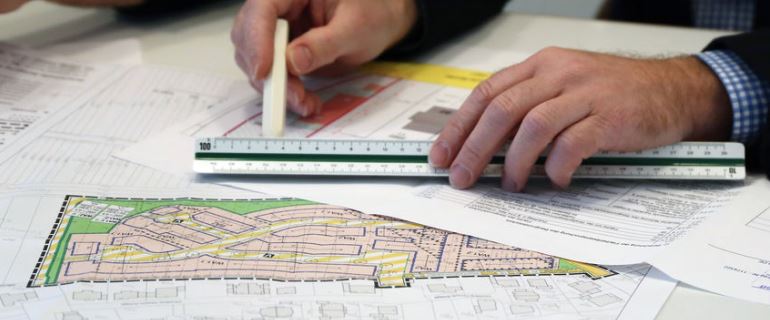The Palm Beach Planning And Zoning Commission Looking To Reform Town Code Once Again
With Palm Beach attracting new residents and businesses from all over the country, the Planning and Zoning Commission is considering a proposal to reform the zoning codes.
Planning and Zoning Director Wayne Bergman told those at the commission’s Feb. 16 meeting that the proposal would primarily touch on zoning codes, but it could spill over into other areas, such as parking and drainage. Bergman said the current zoning code, which is approximately 40 years old, started out as “very conventional.”
“The code was created as more suburban that urban-geared. A reform would take approximately two or three years, and it must be supported and funded by [the] Town Council,” Bergman said.
He told the Daily News the sections of the code most in need of reform include the rules for construction within the town, stormwater drainage, and the Architectural and Landmarks commissions.
A proposal to reform town codes is not new. Former Planning and Zoning Director John Martin, who resigned in January 2020 after only 17 months on the job, first proposed a reform in 2019 to the council that included the concept of New Urbanism. Walkable blocks and streets, environmental sustainability and accessible public spaces are key elements of New Urbanism.
The proposal included Martin’s recommendation for the town to hire two firms, Congress for the New Urbanism and the Miami architectural firm of Duany Plater-Zybwerk, as consultants at a total cost of up to $250,000.
The overhaul of the zoning code never happened because the council did not approve an amendment to laws that would have allowed it, and the proposal faced resistance from many in the community. Upon Martin’s departure, the council decided it would be better to carve up code reform into pieces, starting with flood-elevation guidelines.
“The new proposal would follow Martin’s in most aspects, but with a slightly different approach on the initial setup,” said Bergman. “Getting the council to commit and establish a realistic budget of how much and how long the code reform would take will be essential.”
Bergman also spoke of possibly forming a steering committee comprising a mix of council members, planning and zoning, and the landmarks commission to oversee code reform.
“Input from residents also would be a key factor,” Bergman said. “The steering committee would lead the process of hiring an outside consultant to assist in setting a scope for code reform, define goals, and objectively analyze the code and its conflicts, along with community outreach.”
The proposal also would include education sessions on the background of land use codes, historic preservation, mobility and building designs.
Bergman acknowledged that at any point, the initiative “could end up off the rails and stopping completely” if it lacks support from the town.
Zoning Chairman Michael Ainslie said Bergman had the support of the committee to move ahead and provide more detail on the concept for the next meeting.
“Everybody knows this is going to be a substantial investment,” Ainslie said. “Last time it went off the rails, it wasn’t as much about the money than it was about the approach.”
Vice Chair Richard Kleid disagreed with the possibility of creating “another committee similar to the Underground Utilities Task Force,” instead of allowing Planning and Zoning to take the lead.
Commissioner Michael Spaziani also questioned the need to hire an outside consultant, saying members of the commission could work on sections of the code themselves.
“I think that is the reason we were chosen to be on this committee,” Spaziani said.
Commissioner Richard Pollock said an outside firm could allow more transparency of the process.
“Too many times I hear that we, as a board, are in somebody’s pocket. It’s important to be unbiased, compute and present. Not to decide, jam and cram it,” Pollock said.
Source: Palm Beach Daily News







